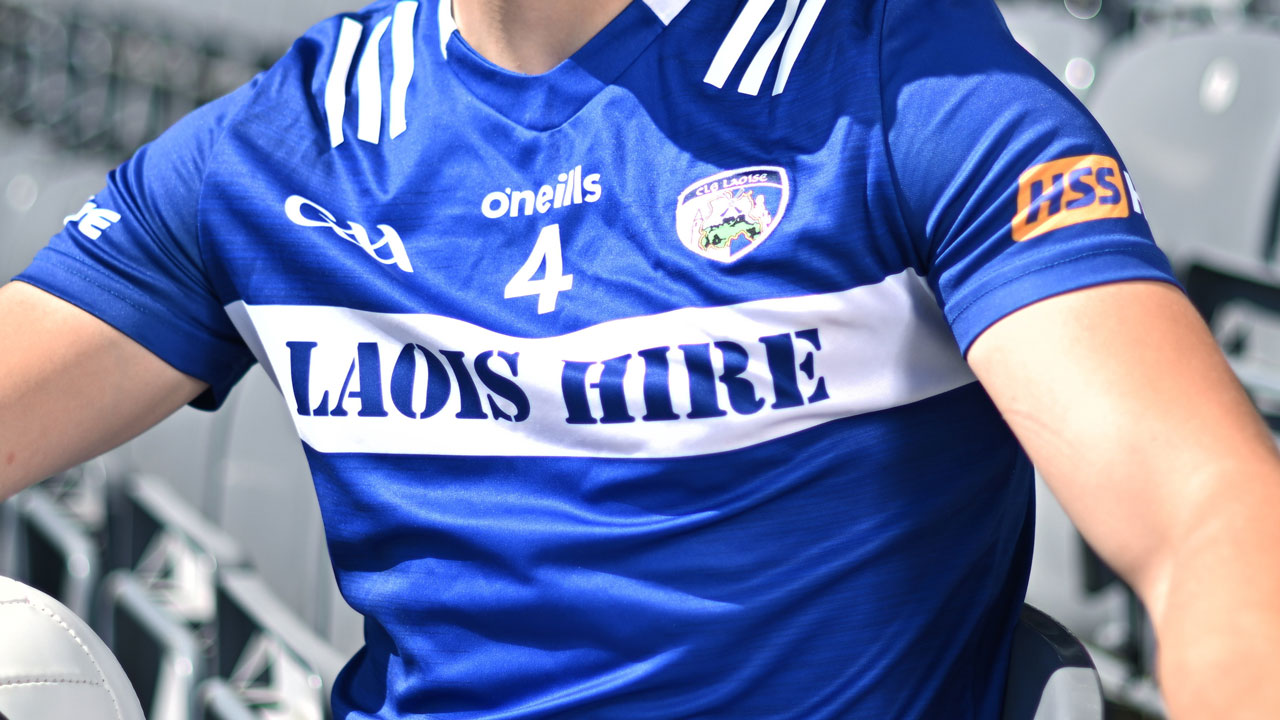Teamwork
Working well with Umpires and Linesmen is an integral part of a Referee being successful. It is important that the Referee has a solid, committed team of Umpires who fully understand their role and the expectations that the Referee has of them.
Powers and Duties of Umpires
One of the Powers of the Referee is to consult with Umpires and/or Linesmen concerning infringements of the Playing Rules.
The Powers of the Umpires are to decide if a score is made, or if the ball has crossed the endline for a wide, or a 45m (F) or 65m (H) free.
The Duties of the Umpires:
- • To signal their decisions.
- • To bring to the notice of the referee, during a break in play, any instances of foul play not noticed by the Referee.
Umpire signals:
Responsibility of Umpires
In addition to the Powers and Duties set out in the Rule Book it is the responsibility of the Umpires to carry out any duties as requested by the referee. These often include, but are not limited to:
- Keeping the score of the game to act as a double-check for the Referee.
- Assisting the referee by keeping a check on time and incidental or deliberate delays.
- Watching the quarter of the pitch in front of the umpire for “off-the-ball” fouls.
- In instances of melees watching the players from one team to check for foul play.












